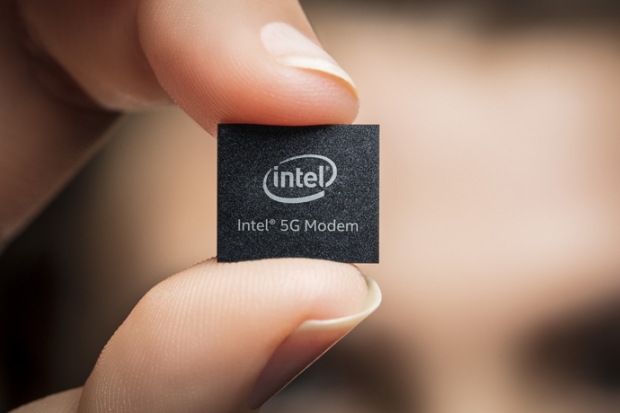Apple and Qualcomm have reached a six-year license agreement starting from 1st April 2019 and effective at least until April 2025. The agreement can be extended for an additional two years.
More importantly, Intel has called it quits on smartphone modems, but it is reassuring that it will continue working on 5G and what the company’s CEO calls "cloudification".
iPhone 2020 is 5G, just not Intel
The story behind Intel leaving the smartphone 5G modem market might be related to the fact that Intel’s 5G modem tape out wasn’t successful. Its delay would create a potential delay for Apple and as yours truly has suggested Apple could not risk not having an iPhone 5G in 2020. It is OK to be one year behind, but two years would be too much even for the mighty Apple. Our sources were still confident in a 2020 iPhone 5G despite the word on the street about possible 2021 delay. It was just hard to anticipate the modem swap.
$10s of billions of modem investment
Our well placed industry friends have indicated to us that it costs $2 billion a year to make a quality modem and that's what we have reported before.
Intel continues to play in two important pieces of the 5G puzzle. Intel still believes that it can complete an assessment of the opportunities for 4G and 5G modems in PCs, internet of things devices and other data-centric devices. Intel is confirming that it is pulling out of 2020 5G smartphone plans for good. The announcement is not a 5G smartphone modem delay than rather a cancelation.
It is a good thing
Even though that it doesn’t seem that way now, this is an excellent business decision. Intel is great at many things but building a very expensive modem for a single large customer doesn’t seem like good business practice.
The Bob Swan, the new CEO, has stated that: “We are very excited about the opportunity in 5G and the ‘cloudification’ of the network, but in the smartphone modem business it has become apparent that there is no clear path to profitability and positive returns,” said Intel CEO Bob Swan. “5G continues to be a strategic priority across Intel, and our team has developed a valuable portfolio of wireless products and intellectual property. We are assessing our options to realize the value we have created, including the opportunities in a wide variety of data-centric platforms and devices in a 5G world.”




